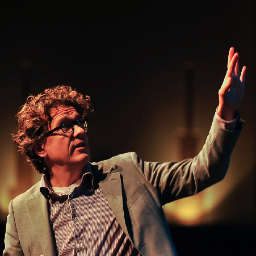ON PRIVACY: WE HAVE MET THE ENEMY AND IT IS US
August 24, 2012
 The right to be left alone and the urge – or call it madness – to self-expose on new media is one of the biggest paradoxes in our society today. We could have an interesting philosophical debate on paradoxes, but the real consequences of Facebook narcissism, Twitter impression management, and our mobile phone usage, is that it directly impacts how judges deal with legislation.
The right to be left alone and the urge – or call it madness – to self-expose on new media is one of the biggest paradoxes in our society today. We could have an interesting philosophical debate on paradoxes, but the real consequences of Facebook narcissism, Twitter impression management, and our mobile phone usage, is that it directly impacts how judges deal with legislation.
The American Chief Judge Alex Kozinski, of the Ninth Circuit Court of Appeals, quotes the immortal words of Pogo: “We have met the enemy and it is us”. So for those who are concerned about privacy and are afraid Big Brother is watching you, they should know that the real danger is not the state. We are the problem, because judges base their opinions upon the degree of privacy we can reasonably expect by living in our society. Kozinski: “If we the people don’t consider our own privacy terribly valuable, we cannot count on government—with its many legitimate worries about law-breaking and security—to guard it for us.”
Making a phone call from a phone booth was seen as a private act, and the government has treated this as private (The famous 1967 case of Katz vs. the United States), even if the call is about an illegal activity. But the telephone came into common use in a time that we took privacy much more seriously than we do today, says Kozinski. And where do we stand today? “The idea that law enforcement can now ping your cell phone and find out exactly where you are at any time, with no probable cause and no judicial supervision, is greeted with a big collective yawn. In a Twitter world where people clamor for attention, having the police know your whereabouts just increases your fan base.”
I highly recommended you to watch the keynote of judge Kozinski at the Stanford Law Review 2012 symposium “Privacy and it’s conflicting values” or read the transcript.

 English | EN
English | EN 